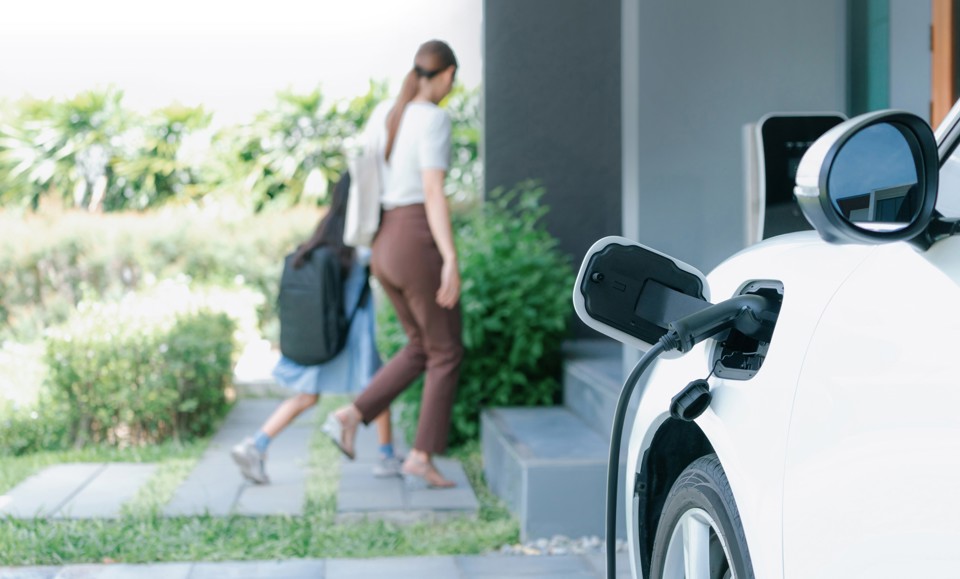Coventry University has launched a new project examining the barriers to home charging electric vehicles (EVs).
The work will specifically focus on residents who lack driveway access and face difficulties in home charging, a situation currently affecting almost half of Coventry households.
Entitled Levelling Up Coventry’s EV Adoption Journey, the project was selected as one of seven winners of the Transport Decarbonisation Demonstrator competition - bringing with it a share of £1.6 million in grant funding from the Department for Transport (DfT).
Led by Doublemsc Solutions, and supported by Coventry University and Coventry City Council, it will assess the effectiveness of the existing EV infrastructure in Coventry to illustrate the benefits and practicality of transitioning to EVs.
Coventry University’s Centre for Future Transport and Cities will aim to develop a disruptive model to enhance the city's potential as a low-carbon EV haven.
Stewart Birrell, professor of human factors for future transport at Coventry University’s National Transport Design Centre, said: “Here within the Research Centre for Future Transport Cities we are delighted to be working on this exciting project bringing flexible EV charging to the people of Coventry.
“Our research will bring our human centred design expertise to help design a usable and desirable mobile battery innovation -an EV charging solution named Enstorel, but also understand through modelling the existing charging network where gaps exist for changing needs in Coventry.”
The Transport Decarbonisation Demonstrator competition is funded by the DfT and delivered by Innovate UK and aims to accelerate the UK's transition to a low-carbon future.
Mike Biddle, executive director net zero at Innovate UK, said: “By looking at decarbonisation through a place-based lens it is hoped that these projects will bring wider benefits above and beyond transport decarbonisation, such as the improved health of residents through better access to active travel modes, a greater sense of community created by schemes or a decrease in congestion levels due to fewer private vehicles on the road.
“We’re looking forward to the project completion next year and seeing the impact.”






















martinwinlow - 28/10/2024 12:10
"...to help design a usable and desirable mobile battery innovation" Oh, Lord! Here we go again. First it was hydrogen... and look where all *that* government hype and tax-payer's money went. Can't we just stick with something a bit more likely to work? Pavement gullies, inductive charging, lamp-post and/or retractable post-mounted EVSEs, etc? Or look at alternative ways to provide more conventional local low-power charging points eg narrowing a section of the road to permitt a row of angled charging bays in one place making the electrical services requirement much more practical/cheaper? Anything, really, to spend this money on that isn't just going to fund some nitty professor's vanity project!